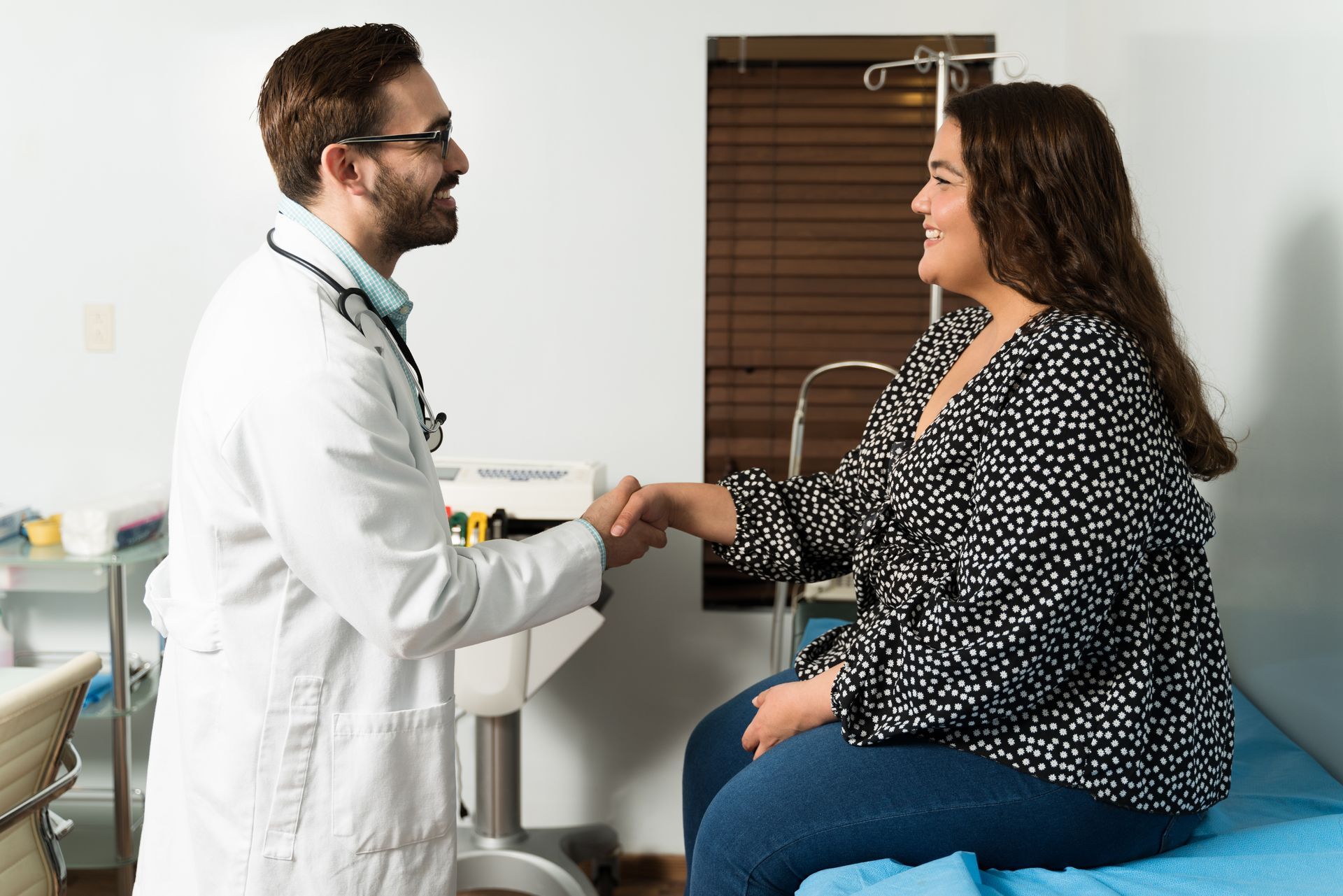IV Therapy Regulations
Intravenous therapy, also known as IV therapy, is the process of injecting vitamins, minerals, medication, and/or nutrients into the bloodstream through a tiny needle. The concept has been around for a very long time, but it has grown increasingly popular in recent years to treat a variety of different health conditions.
IV therapy is a much more effective way of delivering these fluids into the body. Unlike oral supplements and/or medications, the fluids enter the bloodstream immediately and are ready to be used by the body instantly. This is why IV therapy is often used during a medical emergency, such as in a hospital room.
Outside of a medical emergency, some of the most common reasons why people undergo IV therapy is to help treat a hangover, fatigue, dehydration, nutrient deficiencies, and/or injuries. It can also help you recover or heal after a difficult workout and can help reduce the signs of aging – there are a lot of them.
What Are IV Therapy Regulations?
Today, IV therapy is practiced by a wide range of health clinics, doctor’s offices, and other medical buildings across the country. As it continues to grow in popularity, state and federal governments are doing what they can to ensure those that practice it are doing it properly and under the right supervision.
We have to keep in mind the level of danger and risk that comes with injecting fluids into a person’s body – if not done right, the patient can experience a number of complications. For example, the needle can accidentally penetrate a nerve or even miss the bloodstream and leak fluid into the surrounding tissue.
Either way, the patient can be left with temporary or permanent damage, depending on how serious the accident. For some, they might be left with a small bruise that goes away in a few days. For others, they could be left with an infection, nerve damage, stroke, brain damage, or even death – worst case scenario.
To ensure those incidents are kept to a minimum, states usually have some regulations and laws that must be followed. These regulations are often broken down into one of three categories – complying with the CPOM doctrine, ensuring proper diagnoses, and ensuring proper administration. Let’s take a look!

Complying With Your State’s CPOM Doctrine
Since most states consider piercing the outermost layer of the skin (epidermis) to deliver fluids inside the body as the practice of medicine, it’s important that anyone administering IV therapy is complying with their state’s CPOM – which stands for Corporate Practice of Medicine – doctrine, which varies by state.
For example, medical spas and/or health clinics in California must operate through a medical corporation and at least 51% of the practice has to be owned by a licensed physician – with the remaining 49% being owned by at least one other physician. If those requirements aren’t met, they can’t offer IV therapy.
Before you allow anyone to administer intravenous therapy, make sure the IV therapy businesses they work for is in compliance with your state’s CPOM.
Ensuring Proper Diagnoses
Before administering IV therapy, doctors should first determine whether or not there’s a specific need for it. In order to satisfy this, doctors are expected to perform a good-faith exam to ensure the patient’s current condition is one that calls for IV therapy – otherwise, the patient could be put in harm’s way.
Once they determine a need, it’s important the doctor confirms the patient is a good candidate for IV therapy and won’t face any adverse side effects as a result. They must then put together a treatment plan and monitor the patient’s results to ensure it goes as planned. This is all in the patient’s best interest.
In most states, the good-faith exam must be performed by a physician, physician assistant (PA), or nurse practitioner (NP) -- someone who offers professional medical services.
Ensuring Proper Administration
Now that a proper need has been found and the patient has been confirmed as a good candidate, doctors need to make sure they administer the IV therapy properly. As you can imagine, this comes down to making sure those injecting the needle and rendering the fluids are licensed, trained, and experienced.
For this reason, most states only allow physicians, physician assistants, nurse practitioners, registered nurses, and – in some cases – a licensed practical nurse to perform intravenous therapy procedures. Some states might even allow emergency medical technicians to do it.
These regulations may vary from state to state, with some states being more strict than others. Again, it’s all in the best interest of the patient’s health. Before allowing anyone to deliver fluids into your bloodstream via IV therapy, make sure they have the proper licenses, certifications, and training.

Why Trust Good Samaritan With IV Therapy?
At Good Samaritan, we provide top-of-the-line IV therapy to those interested in improving certain areas of their health. Not only that, but our registered nurses are trained, licensed, and experienced with the process from start to finish, ensuring a worry-free environment for each and every patient that enters.
As of right now, we offer six different cocktails:
- Get Up and Go - Burn fat, feel energized and boost your metabolism.
- Recovery & Performance - Decrease recovery time & enhance your performance.
- Alleviate - Minimize bloating, irritability, abdominal discomfort and lower back. Migraine relief.
- Myers’ Cocktail - Gold Standard for overall wellness.
- Vitamin B-12 Injection - Boost immunity, increases energy, enhances mood, improves memory, prevents anemia, and maintains healthy skin, hair, and nails.
- Vitamin C IV Infusion - Powerful antioxidant, immune booster, improves eye health, facilitates mineral absorption, promotes wound healing, enhances collagen for glowing skin.
We prefer our patients to be comfortable and relaxed upon starting IV therapy, which is why we maintain a friendly and calming atmosphere – our nurses monitor you throughout the process to ensure you have everything you need. We also ensure all necessary laws and regulations are being followed at all times.
To learn more about IV therapy or schedule a consultation with Dr. Shaun Jang of Good Samaritan, feel free to contact our office today – you can call us at (702) 202-3663 or email us at contact@goodsamaritanlv.com. We are always open to new patients in the Las Vegas area!



